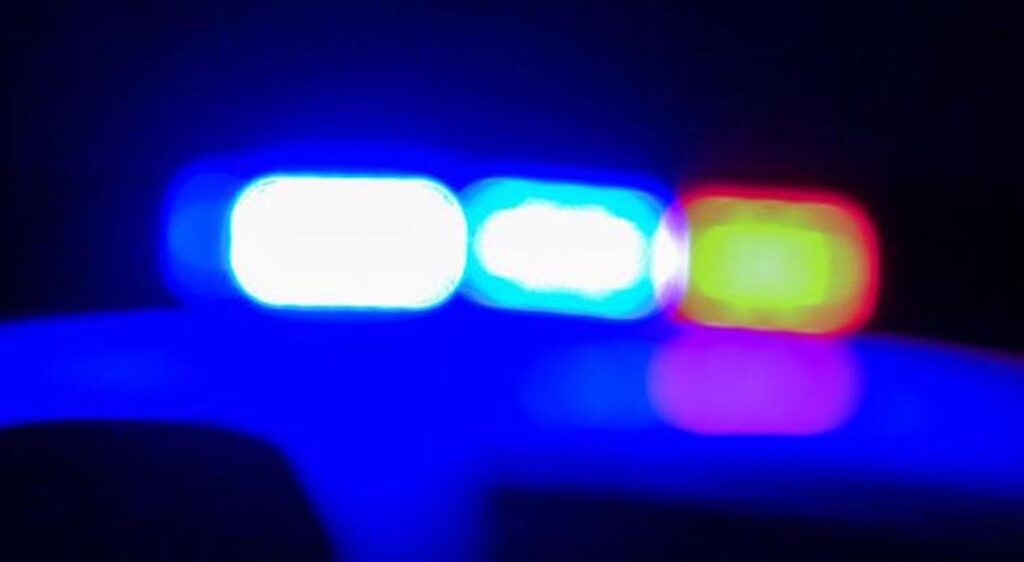
Over vaping devices, New Trier High School refers students to local police, who have issued dozens of tickets in last 3 years
State laws prohibit schools from fining students as a form of discipline
New Trier High School is among numerous Illinois schools that refer students to local law enforcement following certain on-campus transgressions, as revealed on April 28 in a thorough investigation by ProPublica and the Chicago Tribune.
The report explains how students in districts across the state face fines and court appearances for relatively minor in-school offenses, even though a state law prohibits schools from fining students as a form of discipline.
According to the report’s findings, over the most recent three school years (2018-’19, 2019-20, 2020-21), Winnetka and Northfield police combined to issue 62 citations (Winnetka: 56; Northfield: 6) to New Trier students for violations occurring on school grounds.
School officials told The Record that a vast majority of the citations were part of an initiative to curb student use of vaping devices to consume nicotine and marijuana. Other districts in Illinois, according to the article’s research, refer students to local law enforcement for violations such as truancy, littering and vulgar language, among other things.
A day after the investigation was published, Illinois State Board of Education Superintendent Dr. Carmen Ayala sent a letter to all Illinois school leaders, urging them to “immediately stop” enabling the fining of students.
Alaya wrote in the letter that fines can have a “tangible impact on the safety, security, and wellbeing of an entire family” and that multiple laws in Illinois intend to prohibit the ticketing of students as a form of discipline.
“However, some schools have found loopholes between the Illinois School Code and the Municipal Code and abdicated their responsibility for student discipline to local law enforcement,” she says.
New Trier Superintendent Dr. Paul Sally said the district will review its policies in response to Ayala’s letter, but he does not believe referring offending students to police runs afoul of the state laws in all cases.
Sally added that he understands scrutiny for law-enforcement involvement in certain in-school offenses, such as truancy, but believes the district’s policy to combat vaping devices aligns with the health and safety priorities of the community.
“The shared interest for our community is keeping our adolescents healthy,” Sally wrote in an email to The Record. “The Village has a vested interest in partnering with us to put policies, procedures, and ordinances in place that promote and support the health and safety of our students. To that end, we follow local ordinances when it comes to engaging the police on violations such as nicotine and THC possession, and in the aim to help students learn and grow, the primary consequences the police use are community service and peer jury.”
In 2018, Sally said, New Trier student usage of vaping devices more than doubled — from 19 percent in both 2014 and 2016 to 42 percent — leading to a new district strategy involving local law enforcement.
A district memo to the School Board in August 2018 mentions fines and court appearances as possible consequences for vape usage or possession.
“To address this issue along with an increase in marijuana usage due to vaping, we made curricular and policy changes with the goal of educating students about the risks, helping them make informed choices, and when appropriate, providing a consequence,” Sally wrote.
In the memo, Asst. Superintendent for Student Services Tim Hayes wrote that addressing the vaping concerns “requires a community-wide approach” and reported that beginning that school year the district would notify its school-resource officers — who are employees of the local police departments — when a student is found in possession of a vaping device or e-cigarette.
“Our hope is that these citations will provide an additional incentive for students to cease using these devices,” Hayes wrote.
Winnetka Police Chief Marc Hornstein said the school resource officers have discretion on whether to issue a citation, which may include a fine if the offending student is under the age of 18. A fine does not accompany a marijuana citation, he said, but $75 is the department’s standard fine for underage tobacco use. Hornstein added, however, that in most cases fines are waived in favor of community service or peer jury deliberation. A court hearing fee of $40, though, may still apply.
Sally said that the strategy has reduced student vaping on school grounds.
Hornstein told The Record that the Winnetka Police Department does not typically work with Winnetka Public Schools District 36 to issue tickets to students. Neither does the Wilmette Police Department, according to Chief Kyle Murphy, who said most Wilmette schools handle disciplinary issues “in-house” and the goal of both the district and police department is to avoid citing students unless it is necessary to “open the door” for a specific course of action.
Officials from Glencoe D35 and Avoca D37 agreed and said they do not refer minor in-school violations to local police.
The Record is a nonprofit, nonpartisan community newsroom that relies on reader support to fuel its independent local journalism.
Subscribe to The Record to fund responsible news coverage for your community.
Already a subscriber? You can make a tax-deductible donation at any time.

Joe Coughlin
Joe Coughlin is a co-founder and the editor in chief of The Record. He leads investigative reporting and reports on anything else needed. Joe has been recognized for his investigative reporting and sports reporting, feature writing and photojournalism. Follow Joe on Twitter @joec2319


